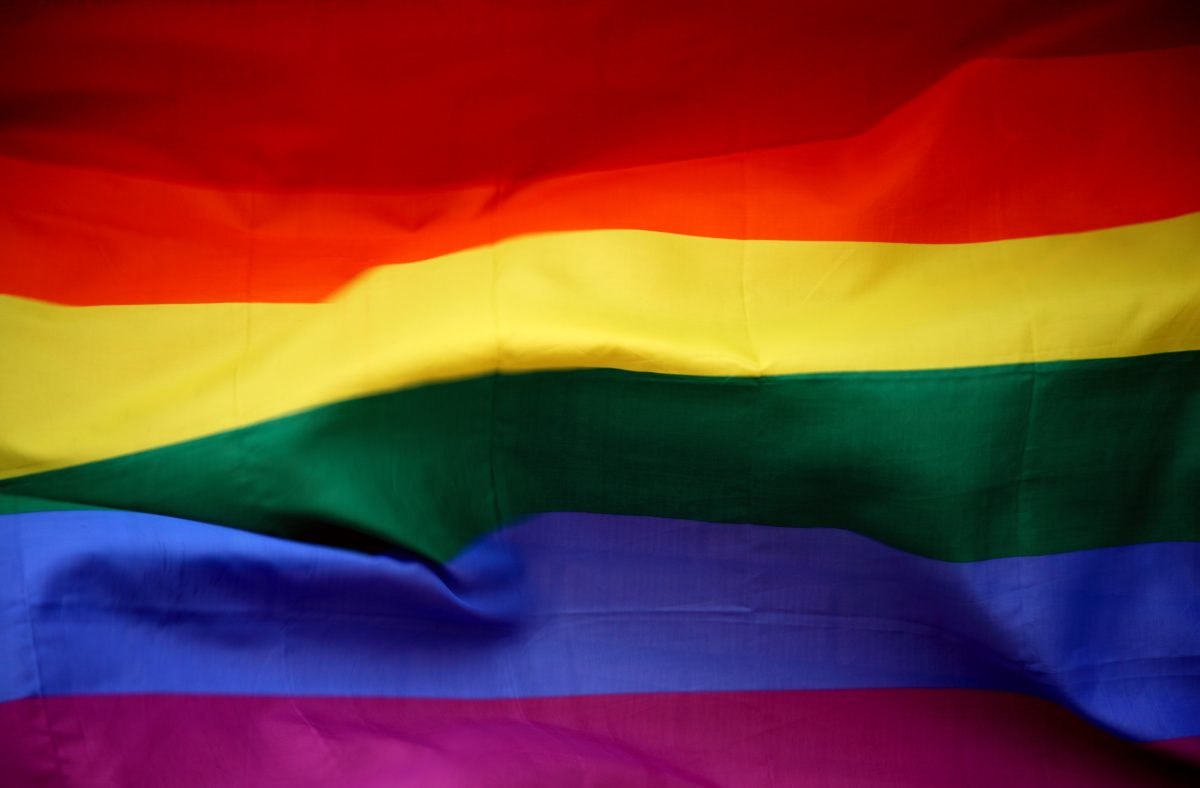Equality Virginia and the Commonwealth's LGBTQ community continue to lobby state legislators for important LGBTQ protections. Now that Democrats control the General Assembly, they're having some success. The day after hundreds lobbied lawmakers on behalf of LGBTQ...





